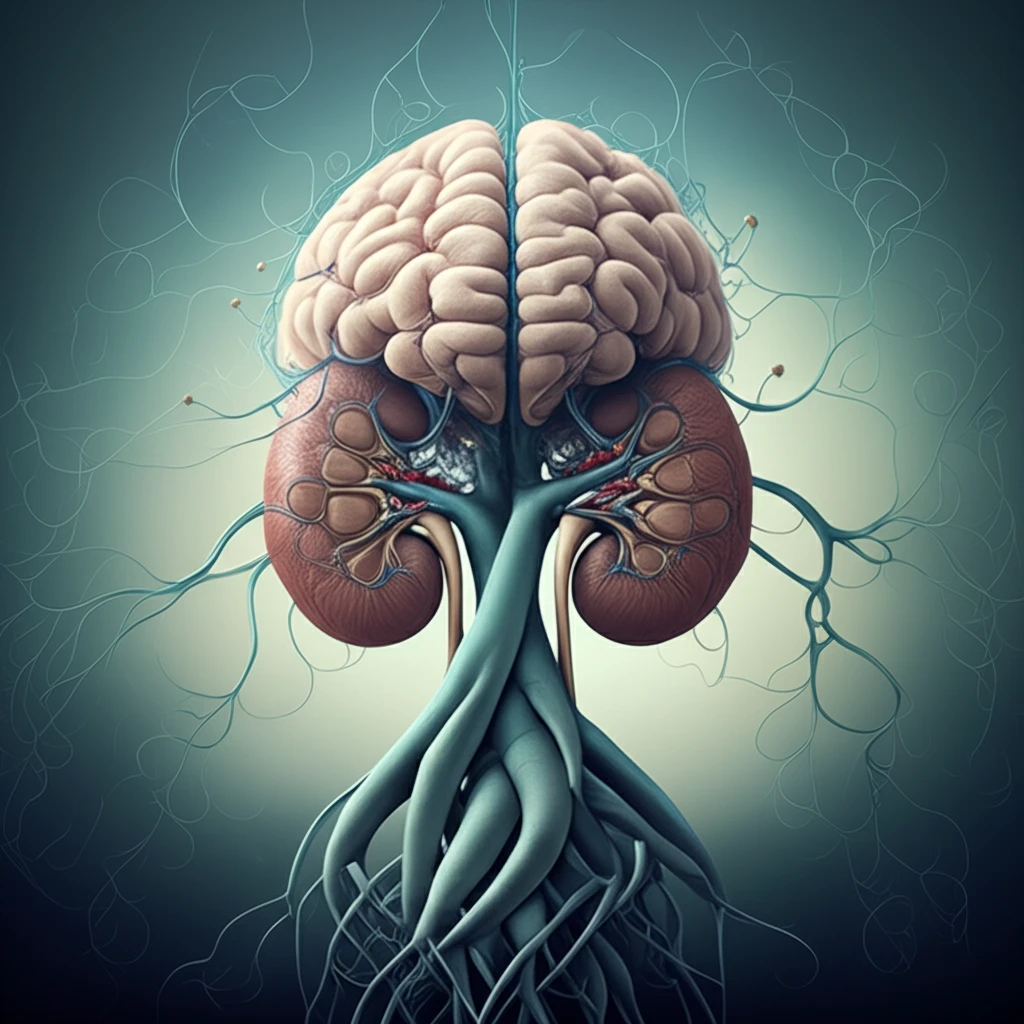
Kidney Disease and Your Brain: Understanding Neurological Complications
"Is kidney disease affecting your mental health? Explore the link between kidney disorders and brain function, and learn how to manage neurological symptoms."
Kidney disease, especially when it progresses to end-stage renal disease (ESRD), can impact many parts of the body – including the brain and nervous system. While many people are aware of the effects on physical health, the neurological complications of kidney disease are often overlooked. These complications can range from mild cognitive changes to more severe conditions affecting daily life and well-being.
It's important to recognize that kidney disease doesn't just affect your body; it can significantly influence your mental clarity, mood, and overall cognitive function. Understanding these potential neurological issues is the first step toward getting the right support and treatment.
This article dives into the different neurological problems that can arise from kidney disease, how they're diagnosed, and what you can do to manage them. Whether you're a patient, a caregiver, or simply looking to learn more, this information can help you better understand the connection between your kidneys and your brain.
What are the Neurological Complications of Kidney Disease?

End-stage renal disease (ESRD) is associated with several neurological disorders. Here are some of the most common:
- Uremic Encephalopathy: This condition results from the buildup of toxins in the blood due to kidney failure, affecting brain function. Symptoms can include confusion, decreased alertness, and seizures.
- Dialysis Disequilibrium Syndrome (DDS): DDS can occur during or after dialysis, especially when starting treatment. Symptoms include headache, nausea, muscle cramps, and, in severe cases, seizures or coma.
- Dialysis Dementia: A progressive and severe neurological disorder primarily seen in patients undergoing long-term hemodialysis. Though less common today due to improvements in dialysis techniques, it can cause cognitive decline, speech problems, and motor difficulties.
- Stroke: Patients with kidney disease have a higher risk of stroke due to factors like hypertension and atherosclerosis.
- Sexual Dysfunction: Both men and women with kidney disease can experience sexual dysfunction due to hormonal imbalances, nerve damage, and psychological factors.
Taking Charge of Your Neurological Health
Living with kidney disease presents unique challenges, but understanding the potential neurological complications empowers you to seek the right care. By staying informed, working closely with your healthcare team, and adopting a proactive approach, you can manage these challenges and maintain a fulfilling life. Remember, your mental and neurological health are just as important as your physical well-being. With the right support, you can face these hurdles and live your best life.
